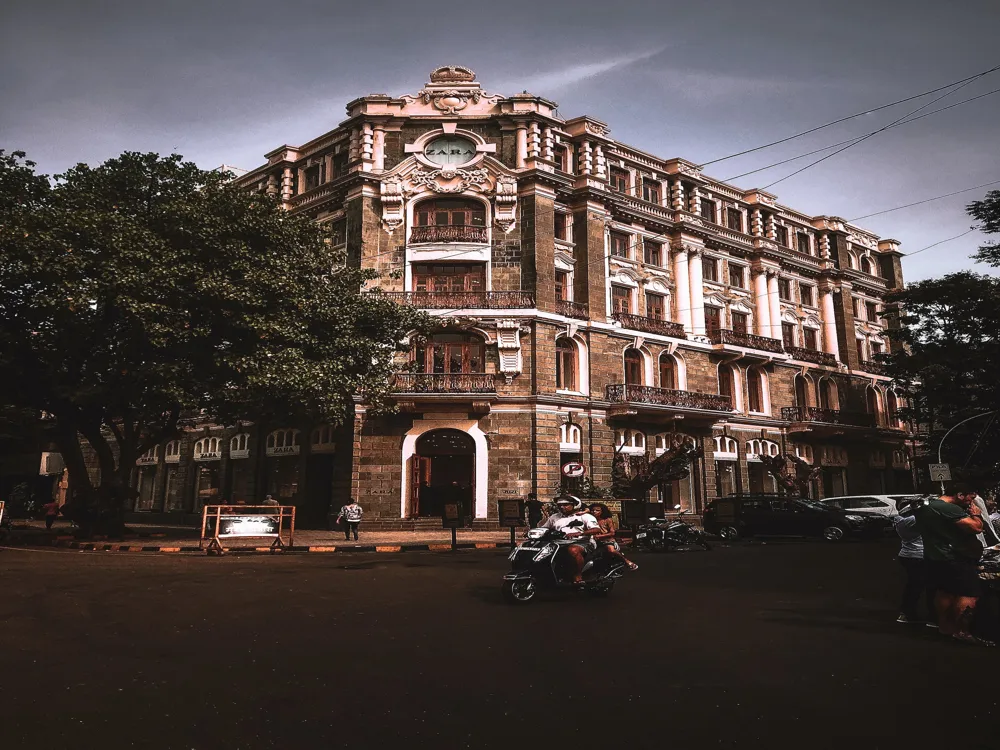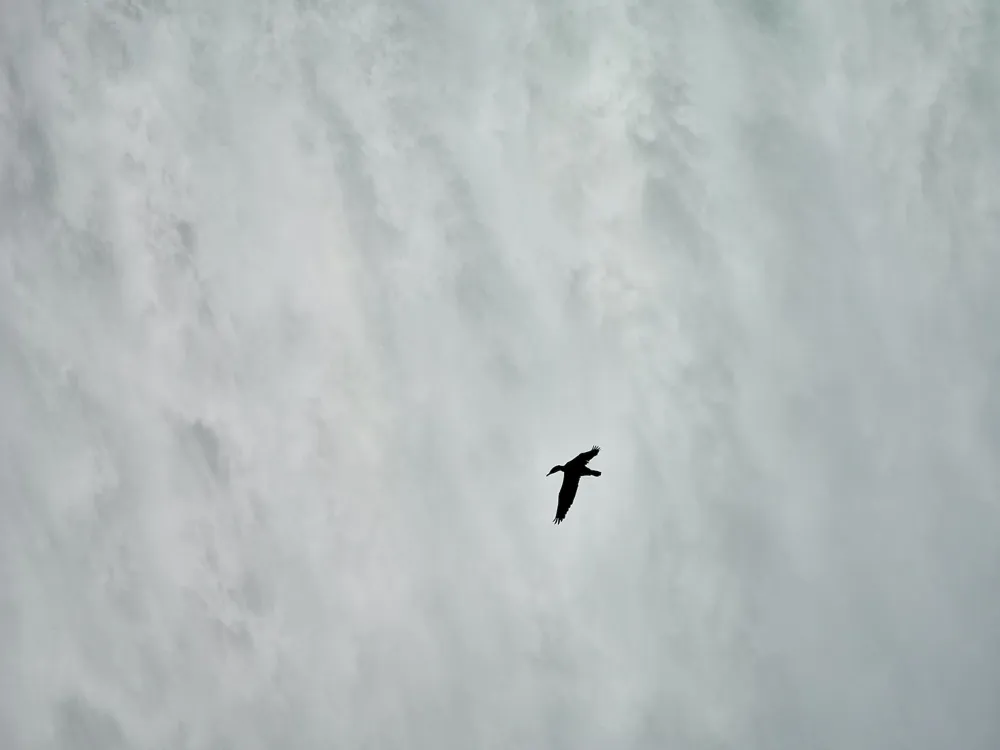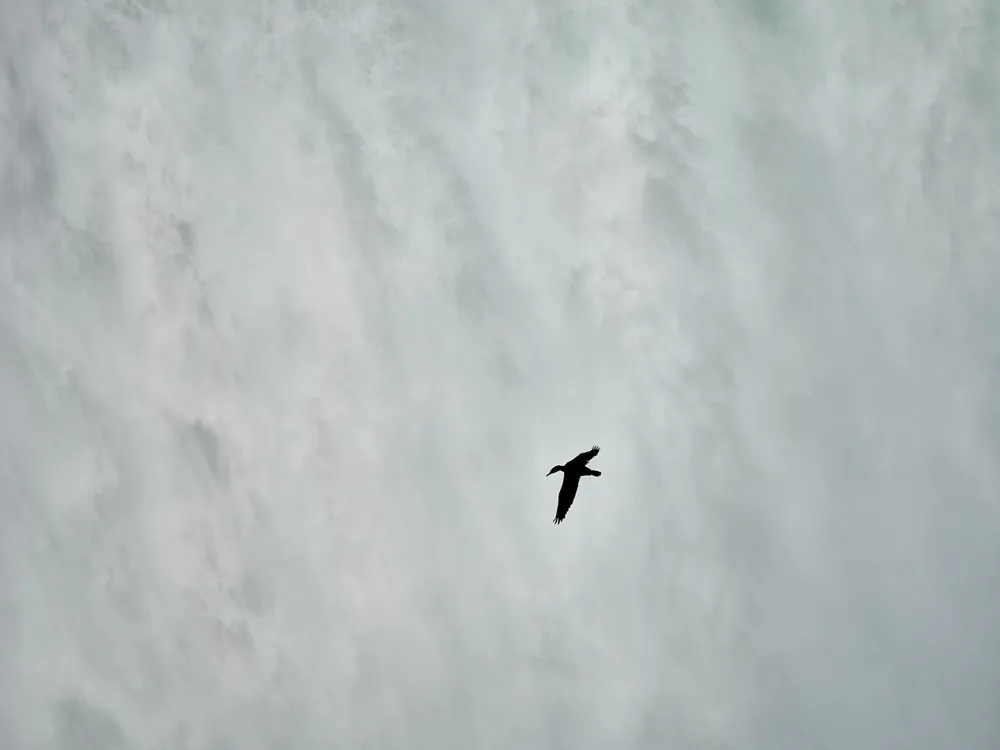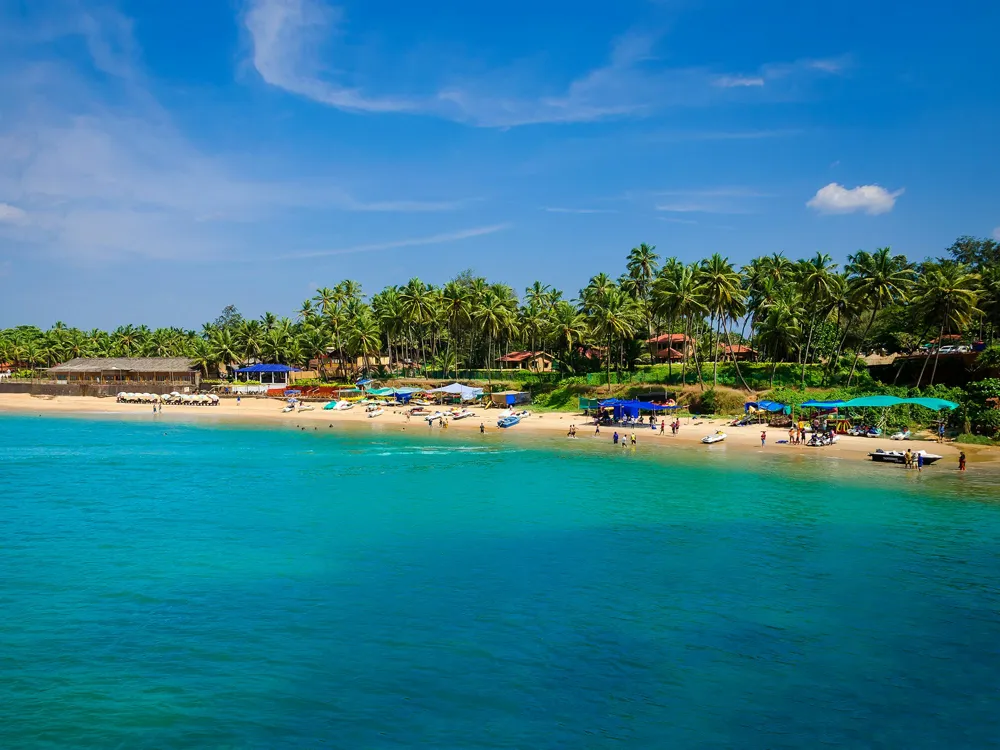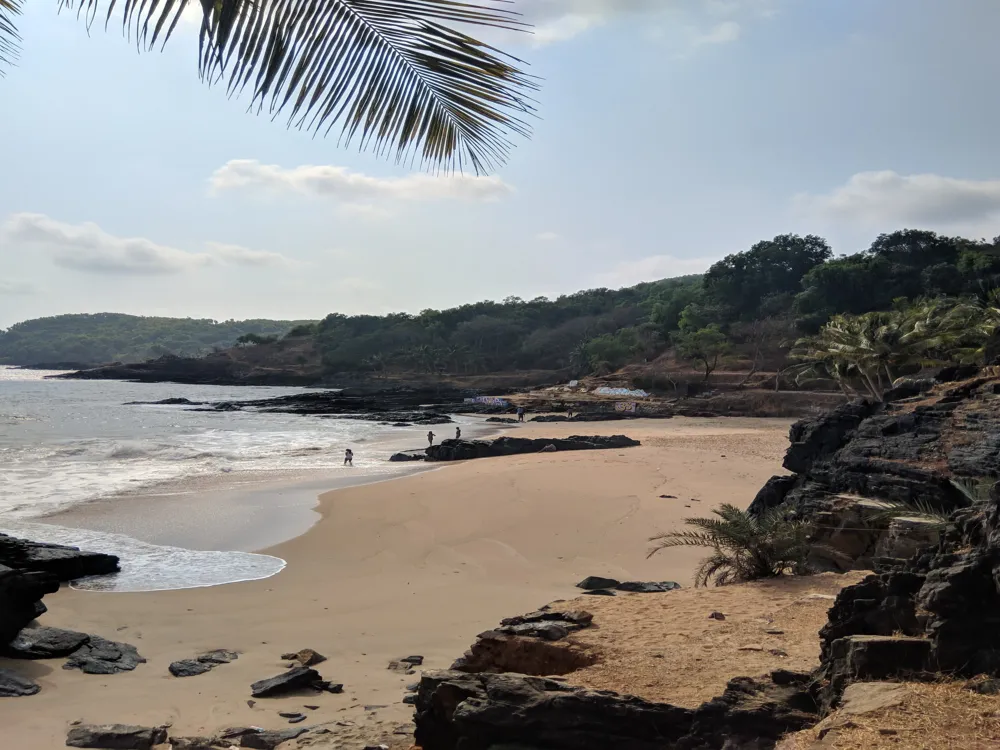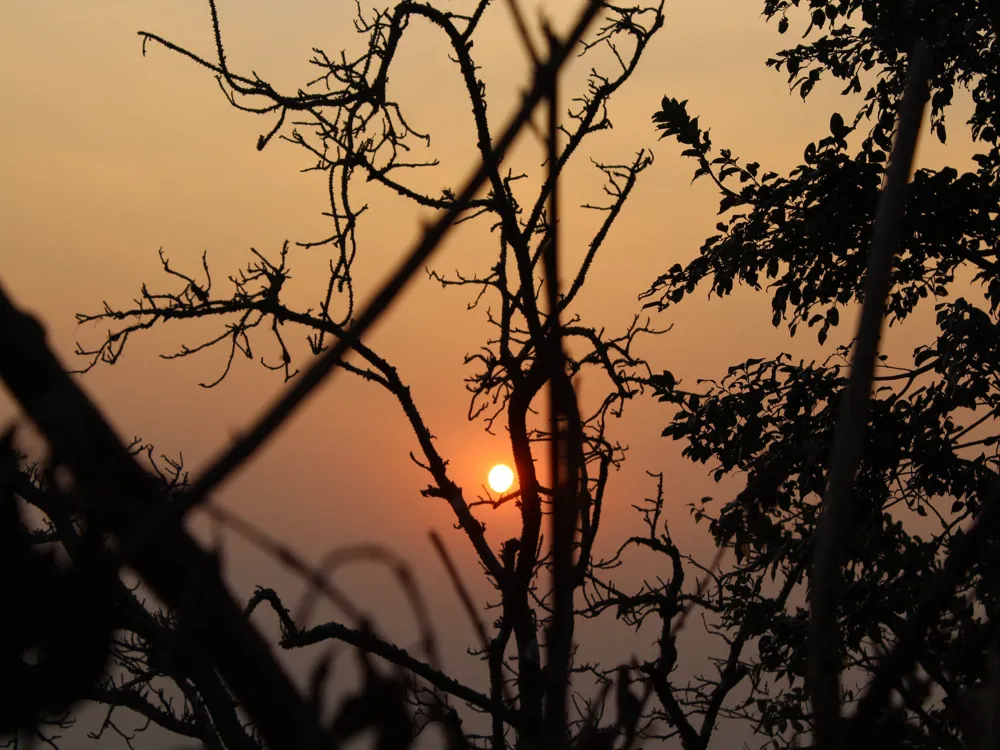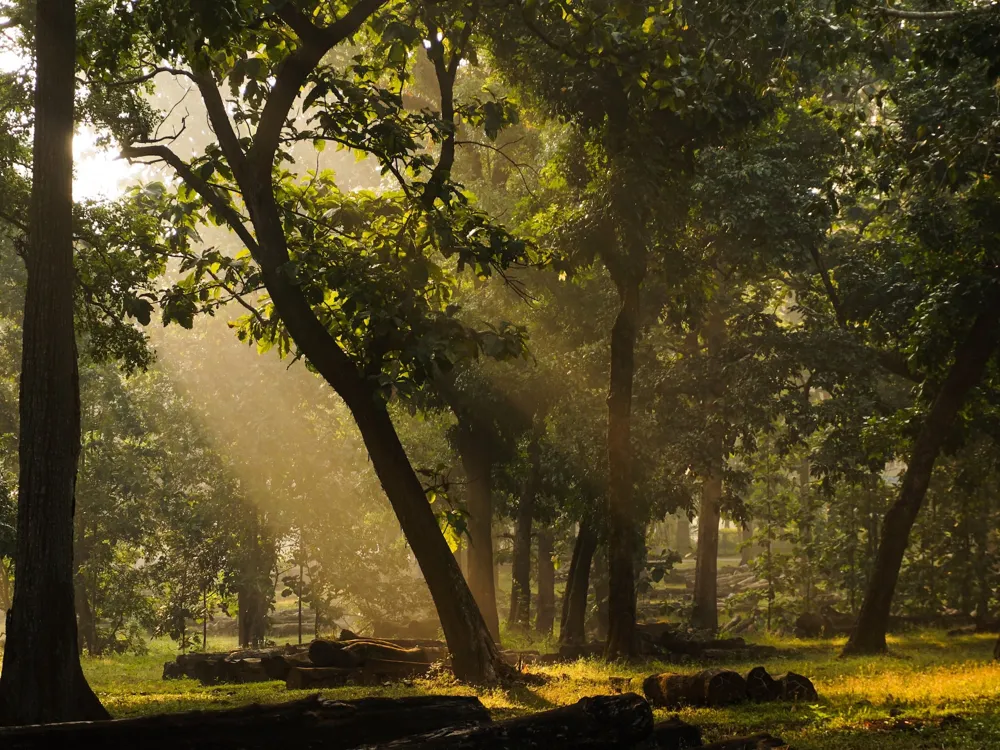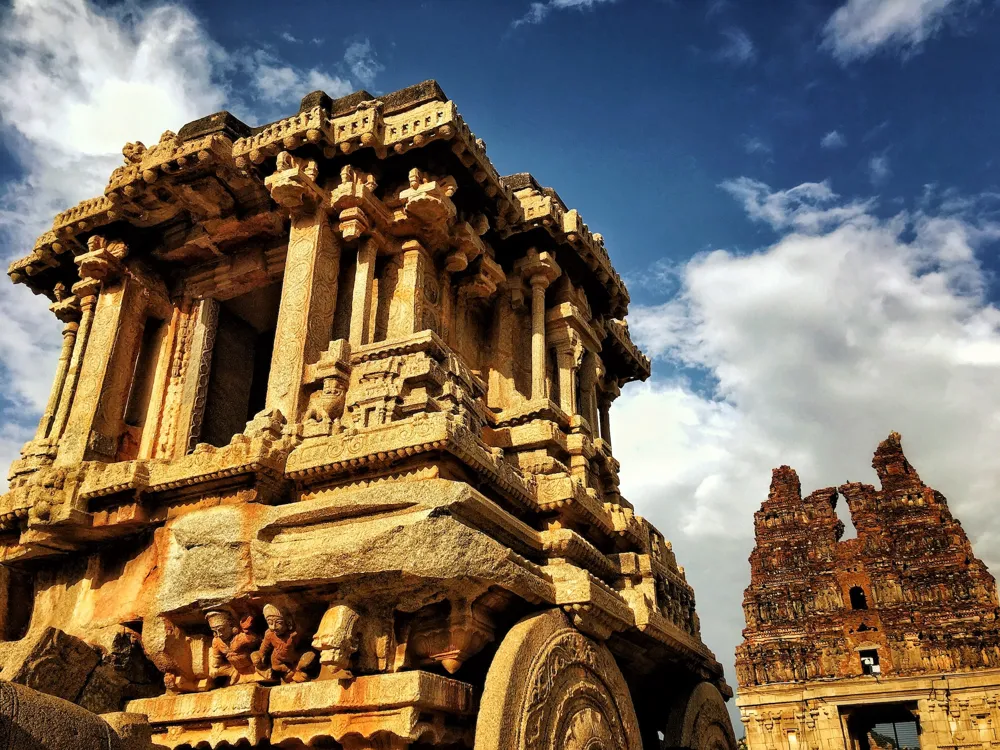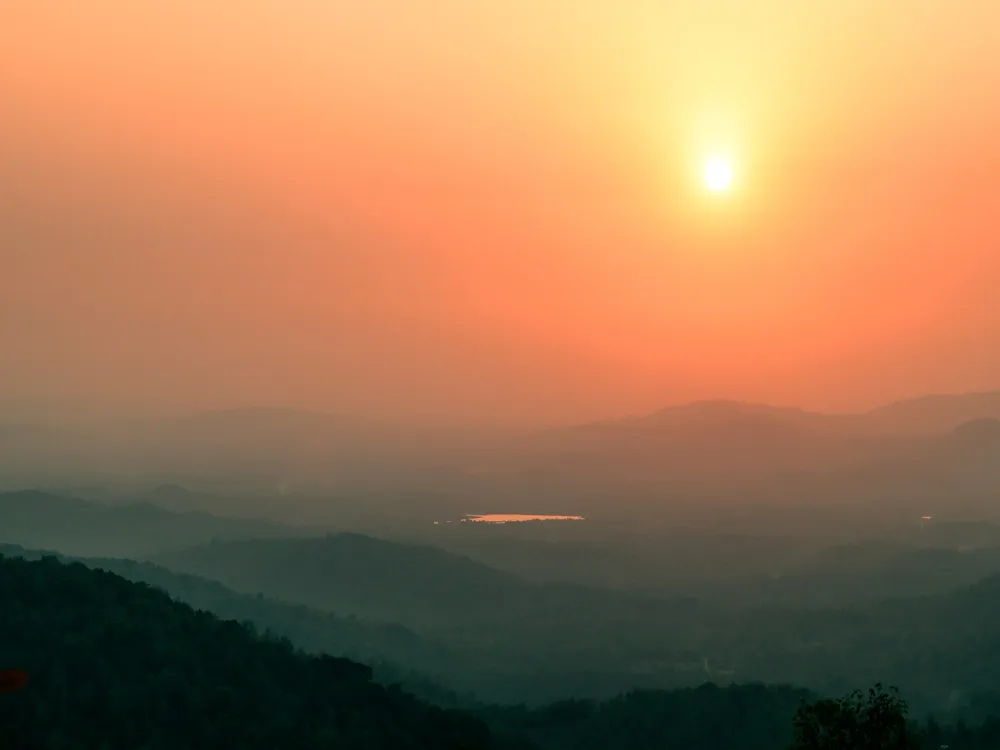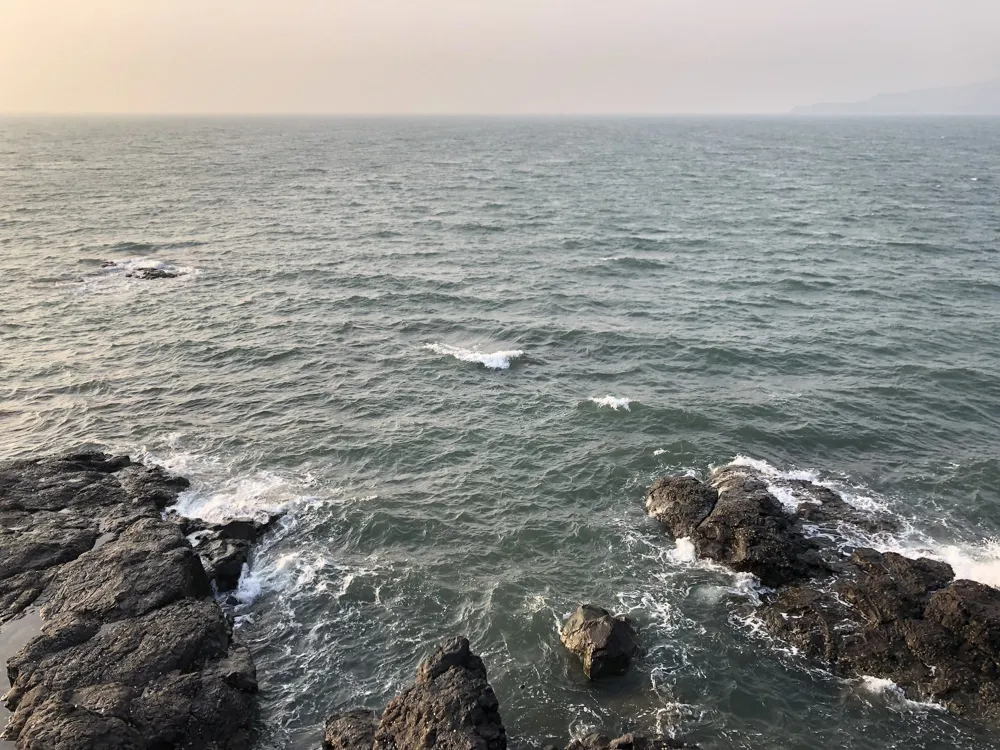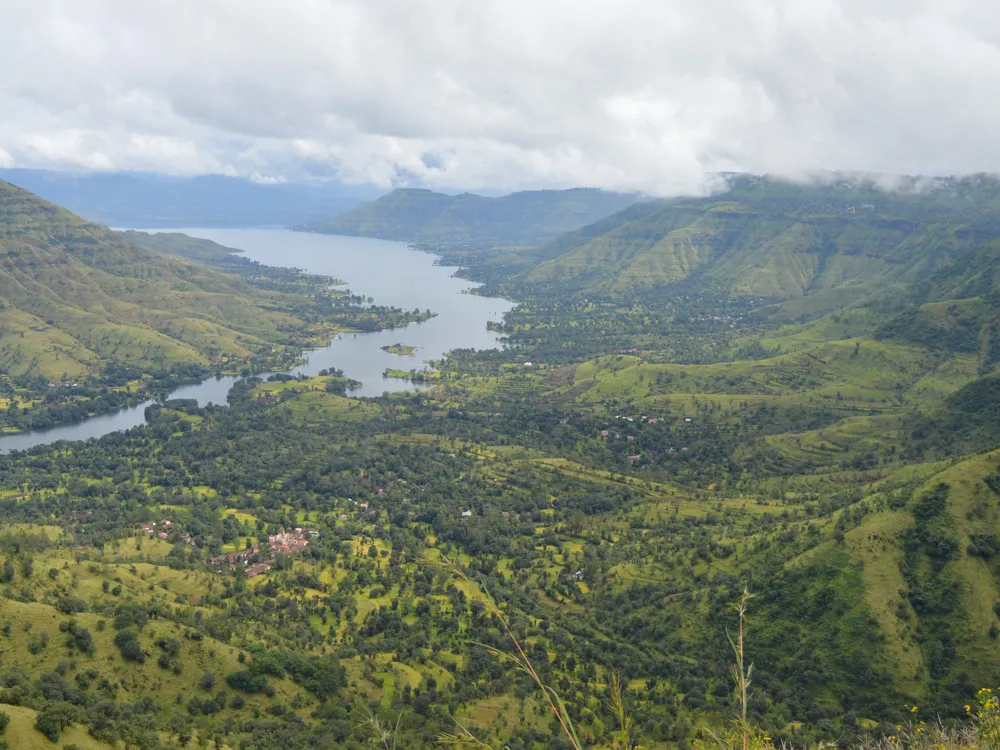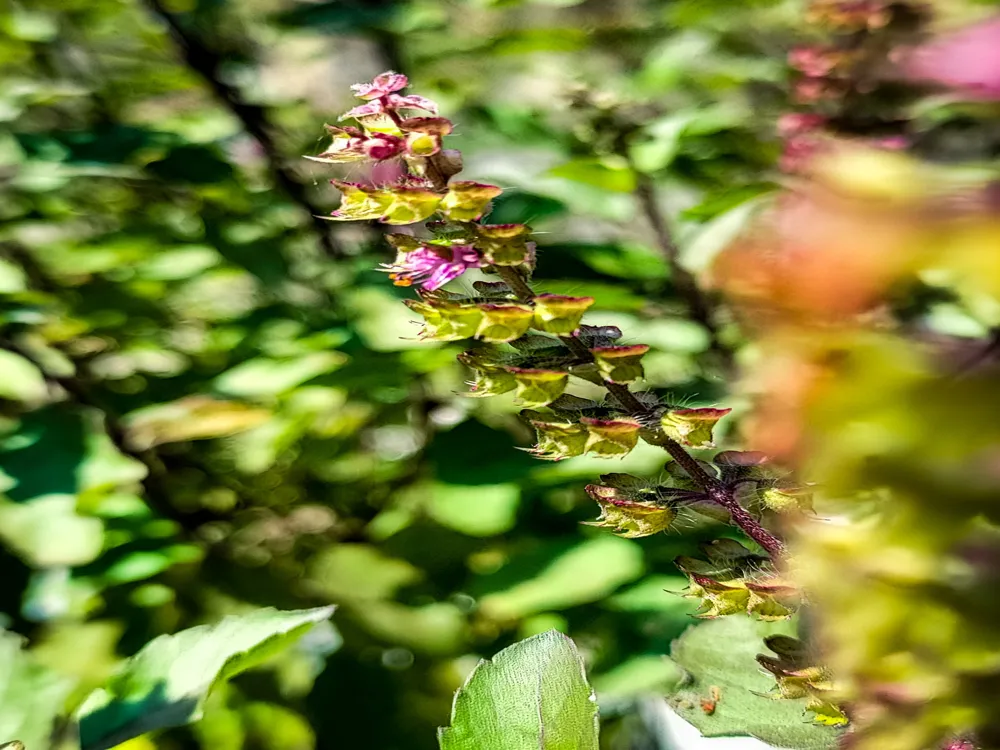Fort Lake, also known as Kote Kere, is a historic and picturesque lake located in the heart of Belgaum, Karnataka. Surrounded by lush greenery and steeped in history, this lake is a serene getaway for nature lovers and history enthusiasts alike. The lake is part of the Belgaum Fort, which dates back to the 16th century and was a significant stronghold in South India. The lake's origins are as fascinating as its scenery. Historically, it was built to serve as a source of water for the fort and its inhabitants. Over the years, Fort Lake has become an ecological haven, supporting a diverse range of flora and fauna. Visitors are often enchanted by the tranquil waters, the chirping of birds, and the soft rustling of leaves, creating a perfect harmony with the past and present. One of the unique aspects of Fort Lake is its integration into the fort's defense mechanisms. The lake was strategically designed to act as a natural moat, making it difficult for enemies to penetrate the fort's defenses. This blend of natural beauty and strategic design makes Fort Lake a remarkable example of ancient engineering and landscape management. Today, Fort Lake is not just a historical site but also a cultural hub. It hosts various events throughout the year, including cultural festivals and environmental awareness programs. The lake has also become a popular spot for morning and evening walks among locals, who find peace and solace in its serene environment. The architecture of Fort Lake (Kote Kere) in Belgaum is a testament to the ingenious engineering and planning of the era. The lake, encompassing a vast area, was an integral part of the Belgaum Fort's defense system. It was designed to be both a water reservoir and a protective barrier against invaders. The lake's construction involved the creation of massive embankments and the strategic placement of sluice gates. These gates controlled the water flow, ensuring a steady supply for the fort while also maintaining the lake's level. The embankments, made from local stone and fortified with mud and lime, have withstood the test of time, showcasing the durability of the materials and techniques used. Apart from its defensive role, the architecture of Fort Lake also reflects the aesthetic sensibilities of the time. The lake's periphery is dotted with ancient temples, each showcasing intricate carvings and sculptures that depict various deities and mythological stories. These temples not only served religious purposes but also added to the lake's serene and spiritual ambiance. The blend of functionality and aesthetics in the architecture of Fort Lake is a fine example of the holistic approach to urban planning in ancient India. The lake was not just a defense mechanism but a self-sustaining ecosystem that supported both the people and the wildlife in the region. The ideal time to visit Fort Lake is from October to March, when the weather is pleasant and conducive for outdoor activities. Comfortable clothing and sturdy footwear are recommended for walking around the lake and exploring the nearby fort and temples. Carry a good camera to capture the scenic beauty of the lake and the architectural marvels of the surrounding temples. Visitors are encouraged to maintain cleanliness and avoid littering to preserve the lake's natural beauty and ecological balance. Carry sufficient water, especially during the summer months, to stay hydrated during your visit. Fort Lake (Kote Kere) in Belgaum is easily accessible by various means of transportation. Belgaum is well-connected by road, rail, and air, making the lake accessible for both local and international tourists. By Road: Belgaum is connected by national and state highways. Regular bus services are available from major cities in Karnataka and neighboring states. Self-driven cars or taxis can also be hired for a more comfortable journey. By Rail: Belgaum railway station is well-connected with major cities in India. From the railway station, taxis or auto-rickshaws can be hired to reach Fort Lake. By Air: The nearest airport is Belgaum Airport, which is well connected with major cities in India. From the airport, taxis or rental cars are available to reach the lake. Read More:Overview of Fort Lake (Kote Kere) in Belgaum, Karnataka
Architecture of Fort Lake (Kote Kere)
Tips When Visiting Fort Lake (Kote Kere)
Best Time to Visit
What to Wear
Photography Tips
Respect the Environment
Stay Hydrated
How To Reach Fort Lake (Kote Kere)
Fort Lake (Kote Kere)
Belgaum
Karnataka
NaN onwards
View belgaum Packages
Belgaum Travel Packages
View All Packages For Belgaum
Top Hotel Collections for Belgaum

Private Pool

Luxury Hotels

5-Star Hotels

Pet Friendly
Top Hotels Near Belgaum
Other Top Ranking Places In Belgaum
View All Places To Visit In belgaum
View belgaum Packages
Belgaum Travel Packages
View All Packages For Belgaum
Top Hotel Collections for Belgaum

Private Pool

Luxury Hotels

5-Star Hotels

Pet Friendly







